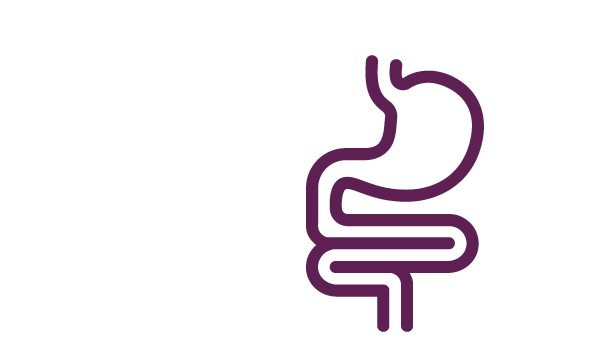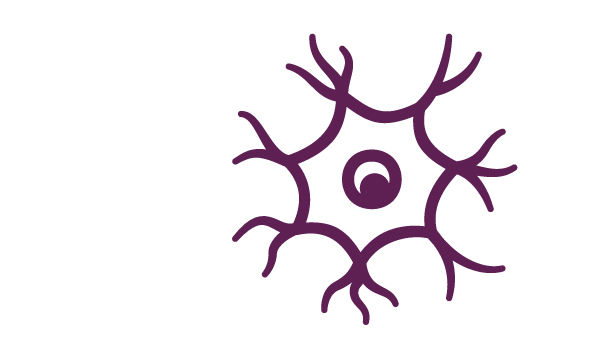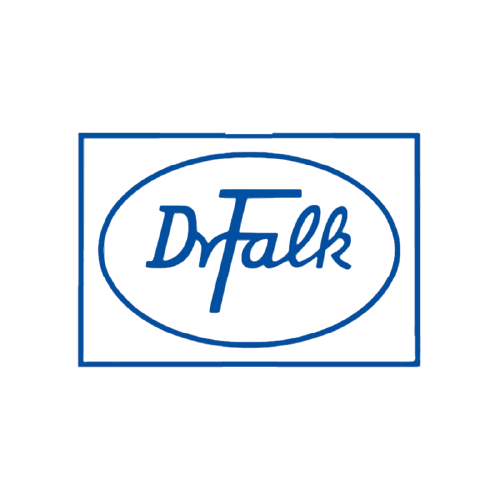TYPES OF EOSINOPHILIC DISEASES
The diagnosis of an eosinophil-associated disease depends on where the eosinophils are found in increased number:

Eosinophilic Gastrointestinal Disorders (EGID):
> Eosinophilic Esophagitis: esophagus
> Eosinophilic Gastritis: stomach
> Eosinophilic Enteritis: small intestine
> Eosinophilic Colitis: large intestine

Eosinophilic Pneumonia: lungs

Eosinophilic Cystitis: bladder

Eosinophilic Granulomatosis with Polyangiitis, also known as Churg-Strauss Syndrome: lungs, sinuses, heart, various organ systems

Hypereosinophilic Syndrome: blood and any organ

Eosinophilic Fasciitis: connective tissue
The symptoms depend on the type of affected organs. Eosinophil-associated diseases are chronic and require long term management. Symptoms may be debilitating and often lead to missed time at school and work and may greatly impact a patients’ quality of life.
The Swiss EoE Cohort is supported by the following entities:






